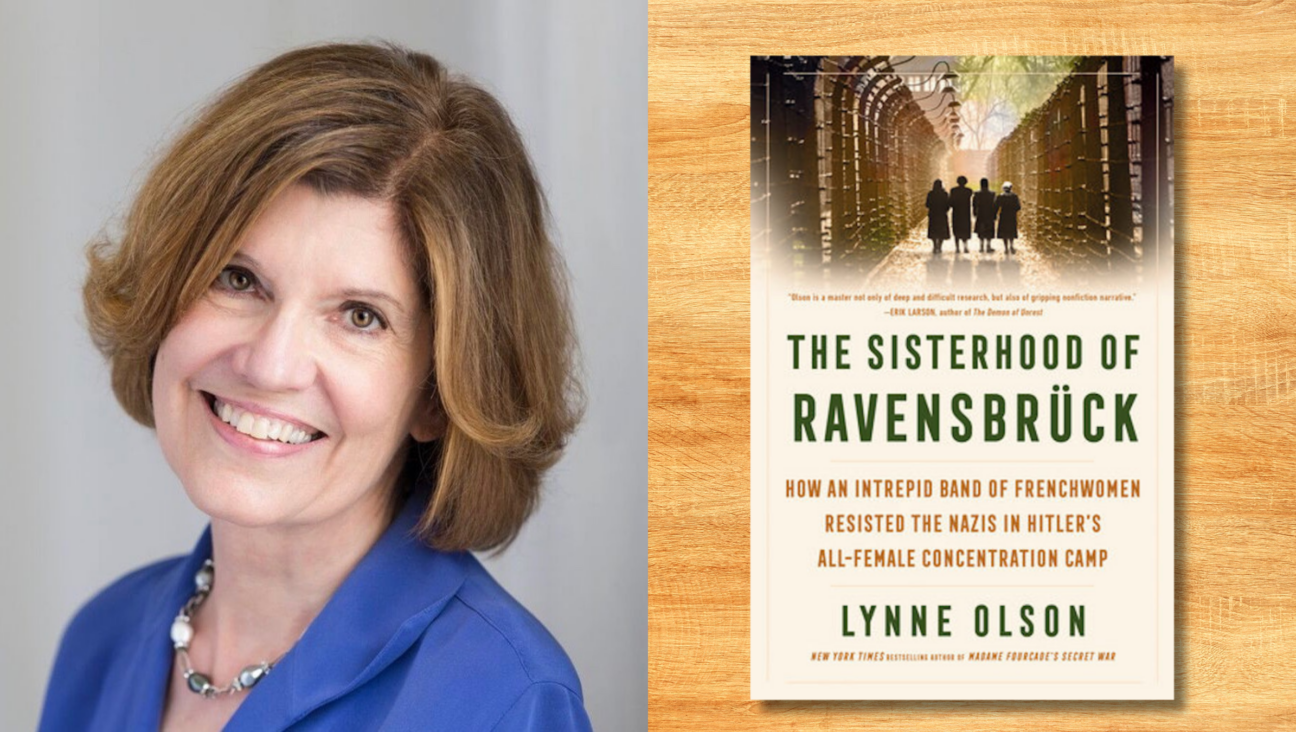Author Blog: Waiting Too Long To Teach About Israel

Graphic by Angelie Zaslavsky
Mitchell Bard is the author/editor of 22 books, including “Israel Matters” and “The Arab Lobby: The Invisible Alliance That Undermines America’s Interests in the Middle East.” His blog posts are being featured on The Arty Semite courtesy of the Jewish Book Council and My Jewish Learning’s Author Blog Series. For more information on the series, please visit:
I had an all too familiar conversation with someone the other day who was talking about a community Jewish high school that offered only one course on Israel, in 12th grade, that was optional. Several years ago, when my kids were in day school, I had been shocked to learn that I was paying a fortune for a Jewish education that I took for granted included courses on Israel but had only one poorly taught elective course on Zionism offered the semester before graduation. After that epiphany, I learned that this was common in many day schools. And parents wonder why Jewish students are ill-equipped to respond to Israel’s detractors in college.
The truth is the Jewish community has been asleep at the wheel for decades. Since at least the 1960s, people have written about the lack of preparation of our young people and yet little has been done since then to educate them. In the last 10 years, especially, the community has thrown a lot of money into Israel advocacy training for college students. This has been very important; however, it is also very late to first introduce young Jews to the Aleph-Bet of Israeli history, politics and culture.
It is certainly not the kids’ fault that they are ignorant. Where would they get the necessary background if not in day schools? They certainly don’t get it in public schools or after school Hebrew schools that barely have the time to teach basic Judaism.
I recently attended a meeting of educators and donors that seemed to, at long last, recognize the crisis in Israel education. Not surprisingly, there is a multiplicity of opinions as to how to address the problem. Still, a few areas of consensus were clear. These included:
-
The need to integrate Israel education in an age-appropriate manner from kindergarten through high school.
-
That Jewish summer camps offer opportunities to teach Israel to large numbers of students, especially those who do not attend day schools.
-
The importance of training teachers to teach about Israel.
People have certainly talked about teaching Israel for a long time and a lot of curricula have been developed over the years. Shockingly, however, no textbooks were available to teach basic Israeli history to high school students. A typical course would be in a loose-leaf binder and contain a hodgepodge of information, articles and maps. The Jewish Federation of Los Angeles used something like this in a unique program they developed for educating students in Catholic schools about Israel. The organizers of this Holy Land Democracy Project recognized that something more was needed and asked me to write a book that would cover what everyone should know about Israel.
Having written the “The Complete Idiot’s Guide to Middle East Conflict,” I had experience in explaining the complexities of the history and politics of Israel for a lay audience. My goal with this new book was to help readers get to better know Israel and Israelis, to teach them the essential history, lay out some of the dilemmas the nation faces and to ensure they have the information they need to feel knowledgeable. Of course, one book cannot provide all the answers. The American-Israeli Cooperative Enterprise publishes the book “Myths and Facts” to address more specific issues that frequently arise on college campuses such as attacks on Zionism, critiques of Israeli security measures and canards about Israel’s treatment of the Palestinians.
The new book, “Israel Matters: Understand the Past – Look to the Future” (Behrman House), does provide an overview and context that enables readers to understand how history, politics, religion, geography and psychology influence Israelis and the policies of their government. Through profiles of important figures in Israeli history, and descriptions of typical young Israelis, I hope that readers will also get a better sense of the people who live in Israel.
One of the problems with Israel education has been to present an idyllic portrayal of the Jewish State. Students today are too sophisticated to see Israel through rose-colored glasses. They are sensitive to what appears to them to be propaganda. They are correct in recognizing that Israel is a complex place that aspires to be a light unto the nations but is not perfect. Part of our challenge as educators is to give them the background they need to wrestle with Israel, to see it, warts and all, and to reach their own conclusions.
Given the proper education, I am confident that young Jews will become passionate Zionists who will know how to respond to the detractors inside and outside college classrooms and, ultimately, become active members of the pro-Israel community.
Mitchell Bard is the Executive Director of The American-Israeli Cooperative Enterprise.
The Jewish Book Council is a not-for-profit organization devoted to the reading, writing and publishing of Jewish literature. For more Jewish literary blog posts, reviews of Jewish books and book club resources, and to learn about awards and conferences, please visit www.jewishbookcouncil.org.
MyJewishLearning.com is the leading transdenominational website of Jewish information and education. Visit My Jewish Learning for thousands of articles on Judaism, Jewish holidays, Jewish history and more.























